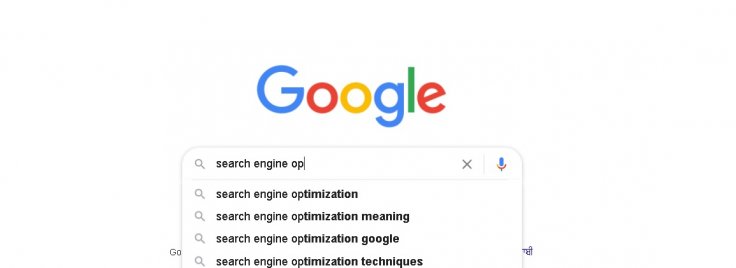A commonly discussed topic in forums related to search engine optimization (SEO) is whether a site would have a better chance to rank better on Google if the keywords are part of the domain names. It is widely believed by content creators and SEO analysts that having keywords would be an advantage to beat the competition.

Here is the Answer
Well, the answer is 'no' as per SEO expert and consultant Manish. "Having a keyword in the domain name will not benefit websites. I too get lots of queries from people. If you are planning to start a website covering Hollywood news and if you think that having it in the domain name would be an advantage then you are wrong. To get the first-hand experience, just google your a topic and find the result for yourself," he told IBTimes Singapore.
Google keeps changing the rules of the game every now and then in a bid to get as accurate results as possible for the searchers. "It possibly worked till 2014-2015, but in the last few years, the search engine giant has become smart and having keyword in domain will not be a bonus for content creators," he adds.

E-A-T
The search engine giant gives weightage to trustworthiness and quality. "The May 2020 Google Algorithm update was all about E-A-T (Expertise, Authoritativeness and Trustworthiness). The domain authority will decide whether to index a page or not," Manish further states.
A few months ago, John Mueller, Search Advocate at Google, had echoed the same views. "Just because a website has a keyword in its domain name doesn't mean that it's more relevant than others for that keyword," he said at Ask Google Webmasters video in September.
Meanwhile, the latest Google Algorithm update is causing a high SERP (Search Engine Results Pages) volatility. Read the complete story.









